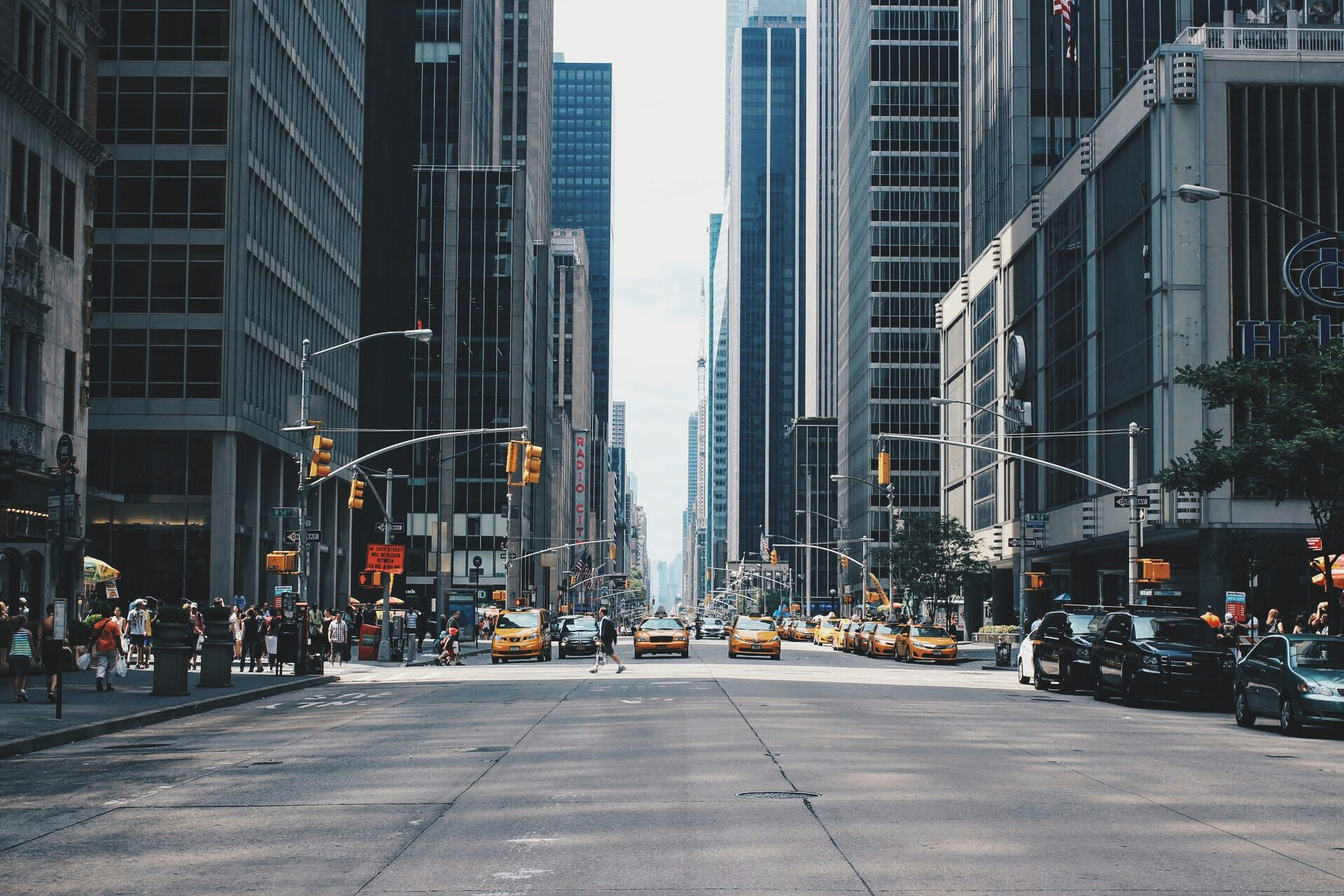Role of AI in renewable energy
Renewable energy is one of the things that are stakeholders talk about more in the modern era. Renewable energy sources such as solar, wind, biofuels, and renewable-based hydrogen are some of the energy sources used in cities. However, renewable energy often requires advanced management due to the varying nature of some energy sources, such as solar and wind. This can only be achieved by a smart grid that AI can attain. With the help of big data analytics, the grid can operate smoothly and provide energy used in city buildings. AI algorithms based on machine learning can forecast or detect anomalies and play a significant role in the management of energy in future cities.
According to a report by Omdia, the global smart city AI software market will grow to US$4.9 billion in 2025 from $673.8 million in 2019. The growing capabilities of artificial intelligence and machine learning will enable data and insights to be collected by IoT sensors and networks and be monitored, analyzed, and acted upon appropriately. However, there is still work that needs to be done in connecting disparate systems and components to work together. This is still challenging because of the lack of proper connectivity solutions that are cost-effective, have low latency, are fast and ubiquitous in terms of their coverage.
Massive amounts of data make AI different now and possibly in the future than before. AI is becoming an exciting terrain for smart cities as developers are increasingly in need of systems that can learn from data and past experiences. For instance, in systems where energy tends to go up or down, AI can help developers understand where such fluctuations occur and under what circumstances. With AI, cities can make better use of the power grid. Another area where AI can be helpful is learning what needs to be shut off in buildings to conserve energy and save the environment.
Future needs of AI in smart cities
There is a shifting demand by the global community concerning climate change and environmental conservation. Consumers now demand more focus on the conservation of power by managing heat, light, or enhancing mobility. With reinforcement learning and neural networks, developers and customers can understand how buildings consume energy and receive recommendations on adjustments that will guide a city's dwellers. Artificial intelligence makes assets not only effective but efficient as well. It helps property developers to develop environmentally-conscious buildings that are suitable for modern cities.
Cities are also making use of AI in cloud-based surveillance systems and closed-circuit TV (CCTV). AI can be used to search footages on the existing camera infrastructure. Video surveillance systems can be combined with AI to perform facial recognition tasks, read license plates, and identify potential threats or unattended packages. AI-based video analytics systems can help security officers and homeowners gain insights and make city life safer and more secure.












